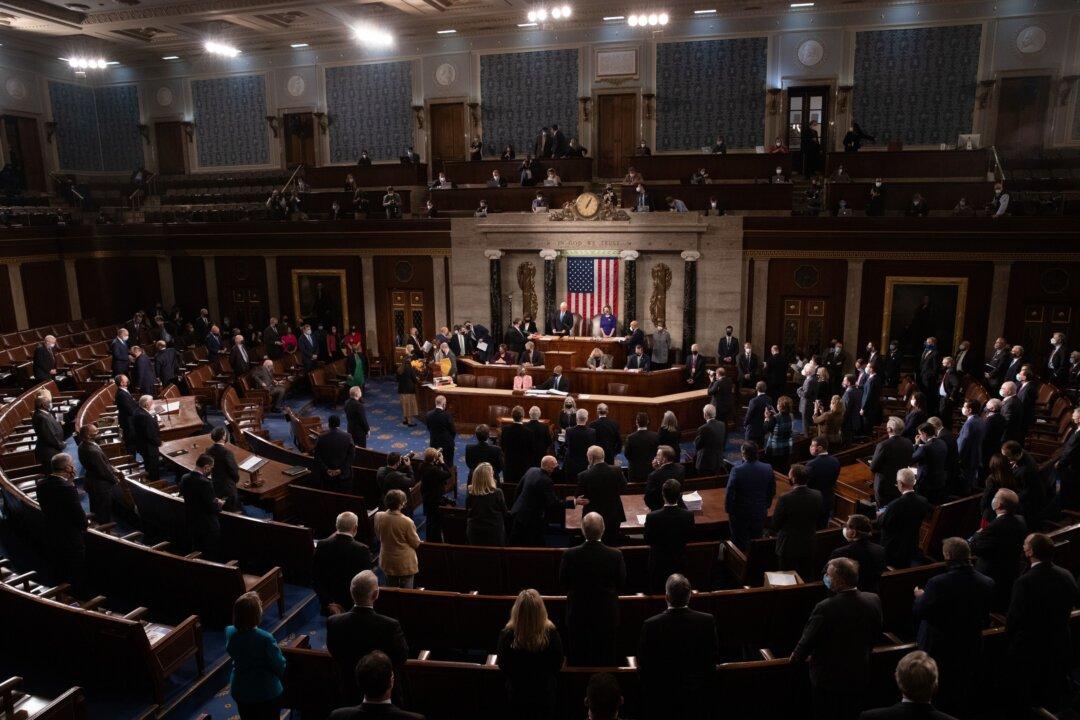Two weeks after the Nov. 8 midterm elections, several U.S. House races remain uncalled in Alaska, California, and Colorado.
This week, Republicans got a boost when Rep. David Valadao (R-Calif.) was declared the winner over Democrat Rudy Salas in California’s 22nd District, although Valadao was one of 10 House GOP lawmakers to vote to impeach former President Donald Trump last year.





